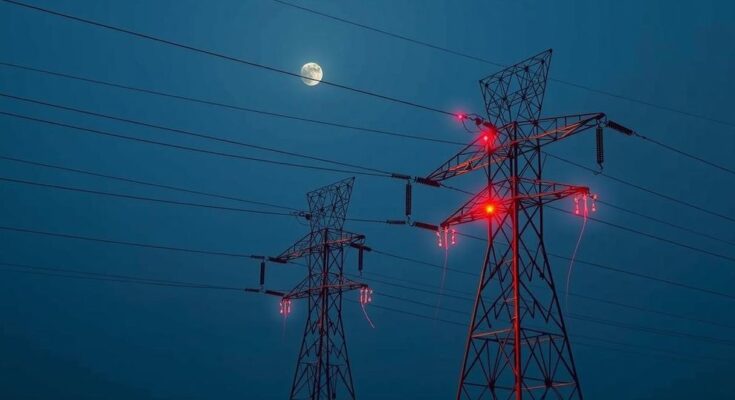Bangladesh has reduced its power imports from Adani Power by 50% due to decreased winter demand and ongoing payment disputes, reflecting a significant shift in their energy purchasing strategy.
On December 3, 2024, it was reported that Bangladesh has significantly reduced its power imports from Adani Power, cutting them by fifty percent. This decision has arisen amidst ongoing payment disputes and a decrease in demand for electricity during the winter season. The reduced purchases reflect not only the current financial tensions but also the shifting energy requirements of Bangladesh as it reassesses its energy supply agreements.
Adani Power, a prominent player in the energy sector, has been a supplier of electricity to Bangladesh, contributing to its power needs. The recent reduction in power imports is influenced by multiple factors including economic conditions and seasonal demand variations. The payment disputes, which have escalated in recent times, have prompted Bangladesh to reconsider its energy sourcing strategies, hinting at possible repercussions for future contracts and investments in the region.
The halving of power imports from Adani Power by Bangladesh underscores the complexities involved in international energy agreements, especially amid payment disputes. This situation raises crucial questions regarding the reliability of cross-border energy supplies and the need for clearer contractual frameworks to mitigate financial uncertainties. As both parties navigate these challenges, it remains to be seen how future engagements will evolve.
Original Source: www.hindustantimes.com




